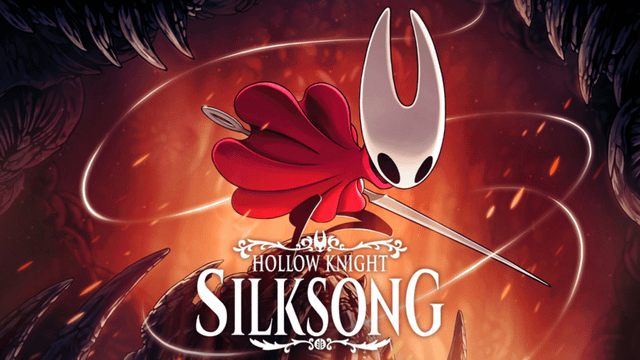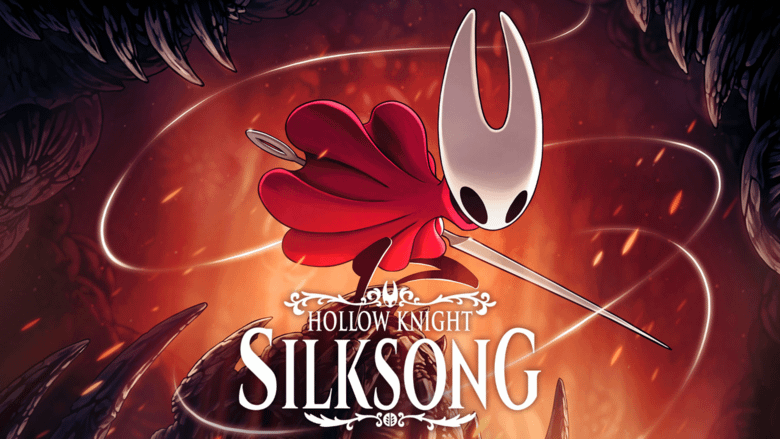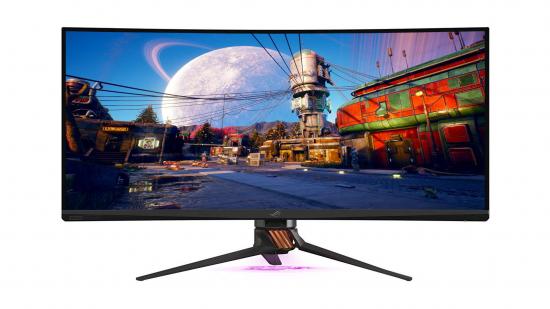Battlefield 6 Takes a Stand: Realistic Authenticity Over Goofy Skins?
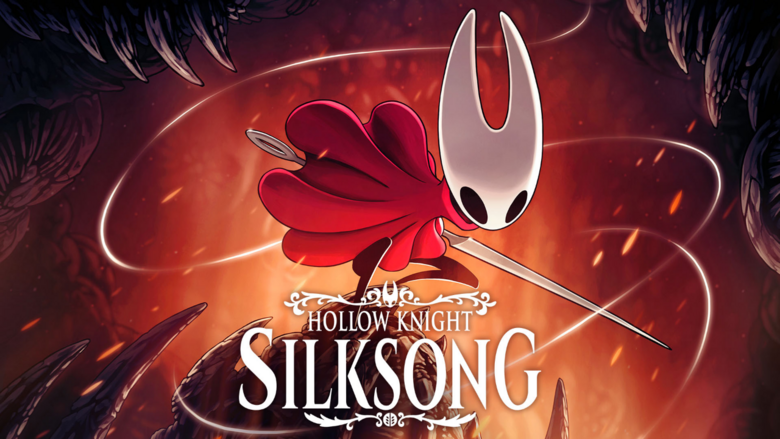
For those of us who’ve been entrenched in the PC gaming world for years, the ebb and flow of trends is a familiar sight. We’ve seen graphical fidelity reach breathtaking heights, witnessed the rise and fall of genres, and observed the ever-present tug-of-war between realism and arcade-style gameplay. The recent news surrounding the next Battlefield installment (let's call it Battlefield 6 for now, though the official name remains under wraps) has certainly piqued my interest, and I suspect, yours as well. The developers have made a bold statement: they are consciously choosing a path of authentic military experience over chasing fleeting trends like the "goofy skins" that have become increasingly prevalent in other major FPS titles.
But what does this decision really mean for Battlefield 6, the franchise, and the PC gaming landscape as a whole? Let's dive into the implications.
A Shot Across the Bow: Battlefield vs. Call of Duty
The PC Gamer article that sparked this discussion (https://www.pcgamer.com/news/as-call-of-duty-flips-a-u-turn-on-goofy-skins-battlefield-6-devs-are-making-their-stance-clear-from-the-start-were-not-chasing-trends-were-not-chasing-other-products/) makes the subtext text. This is a direct response, a conscious effort to differentiate Battlefield 6 from the direction Call of Duty has been taking in recent years. While CoD has embraced the monetization potential of outlandish cosmetic items, Battlefield is planting its flag firmly in the ground, declaring its commitment to a more grounded and believable experience.
For years, the rivalry between Battlefield and Call of Duty has been a cornerstone of the FPS genre. Each franchise has carved out its own niche, appealing to different segments of the gaming population. Call of Duty has traditionally offered fast-paced, arcade-style action, while Battlefield has prided itself on large-scale battles, vehicle combat, and a more strategic approach.
The diverging paths regarding cosmetic customization could further solidify these differences. Players who crave over-the-top, visually chaotic experiences might gravitate towards Call of Duty, while those seeking immersive, believable warfare might find Battlefield 6 a more attractive proposition.
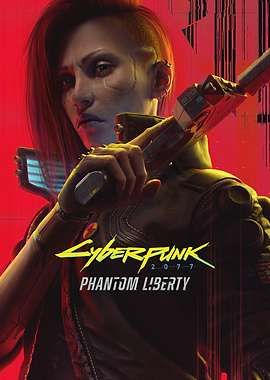
The Appeal of Authenticity: A Nod to Battlefield's Roots
This decision also speaks to a core desire within the Battlefield community: a return to the franchise’s roots. Many long-time players have expressed concerns that recent installments have strayed too far from the series' defining characteristics. The focus on over-the-top gadgets and increasingly unrealistic scenarios has alienated some fans who yearn for the gritty, immersive experience that defined early Battlefield titles like Battlefield 1942, Battlefield 2, and Battlefield: Bad Company 2.
By promising a more authentic military experience, the developers of Battlefield 6 are signaling that they’ve heard these concerns loud and clear. They’re betting that a significant portion of the gaming population is tired of the cartoonification of war and is ready for a more mature and believable representation of modern combat.
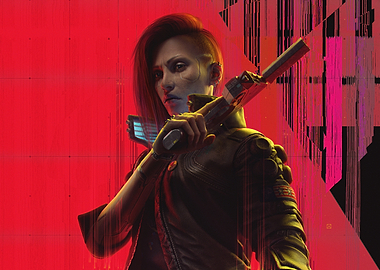
Implications for PC Gamers: Optimization and Modding
The commitment to a realistic aesthetic has important implications for PC gamers. A visually authentic game, especially one aiming for cutting-edge graphics, places significant demands on hardware. Optimization will be crucial. We're talking about high-resolution textures, complex lighting effects, and detailed environmental models. EA Dice will need to work their magic to ensure Battlefield 6 runs smoothly on a wide range of PC configurations, from high-end rigs to more modest setups. Ray tracing implementation will also be a key factor for those with the hardware to support it.
Furthermore, a focus on realism could influence the degree of modding support. While "goofy skins" might be out of the question officially, a robust modding community could potentially introduce its own takes on customization, or, more likely, create mods that enhance the game's realism even further – new weapon models, historically accurate uniforms, and improved ballistics, for example. A commitment to modding support would be a huge win for the PC gaming community.
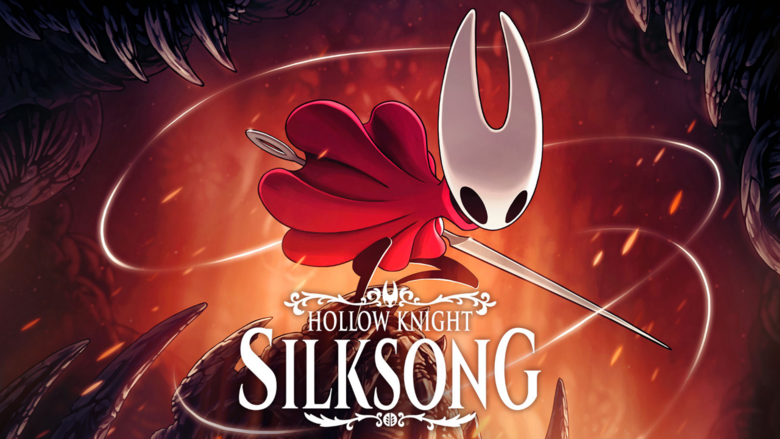
The Business of War: Monetization and Community Reaction
Of course, the decision to eschew "goofy skins" also has significant business implications. Cosmetic items have become a major revenue stream for many online games, and foregoing this option represents a calculated risk. The developers are betting that the long-term appeal of a high-quality, authentic experience will outweigh the short-term gains of selling wacky cosmetics.
The initial community reaction appears largely positive. Many Battlefield fans have applauded the decision, expressing their relief that the franchise is returning to its roots. However, some have raised concerns that the lack of diverse customization options could limit player expression and potentially impact the game's longevity. It will be crucial for EA Dice to find other ways to keep players engaged and invested in the game, such as through meaningful progression systems, challenging gameplay, and regular content updates.
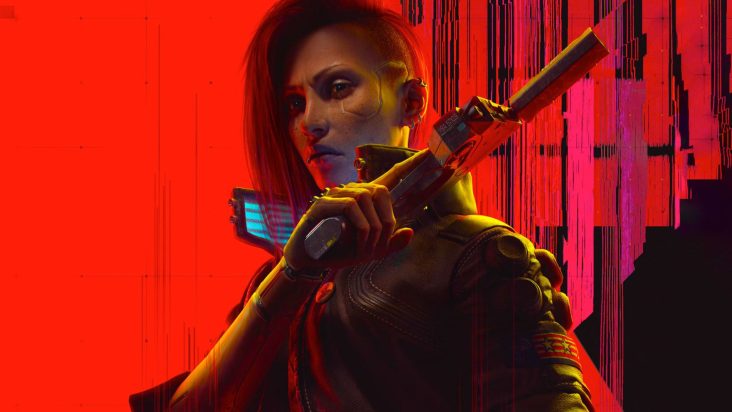
The Risk and Reward: A Gamble Worth Taking?
Ultimately, the decision to prioritize authenticity over "goofy skins" is a gamble. It's a bet that a significant portion of the gaming community is craving a more mature and believable FPS experience. It's a bet that the long-term appeal of a high-quality, immersive game will outweigh the short-term gains of selling outlandish cosmetics.

For those of us who have been playing PC games for decades, this is a welcome change. We've seen trends come and go. We've witnessed the pendulum swing back and forth between realism and arcade-style action. And while there's certainly a place for both, it's refreshing to see a major franchise like Battlefield take a stand and commit to delivering a truly authentic military experience.
Whether this gamble pays off remains to be seen. But one thing is certain: Battlefield 6 has already generated a significant amount of buzz, and the decision to prioritize realism has the potential to reshape the FPS landscape for years to come. I, for one, am eager to see how it all plays out. And I suspect many of you are as well.
